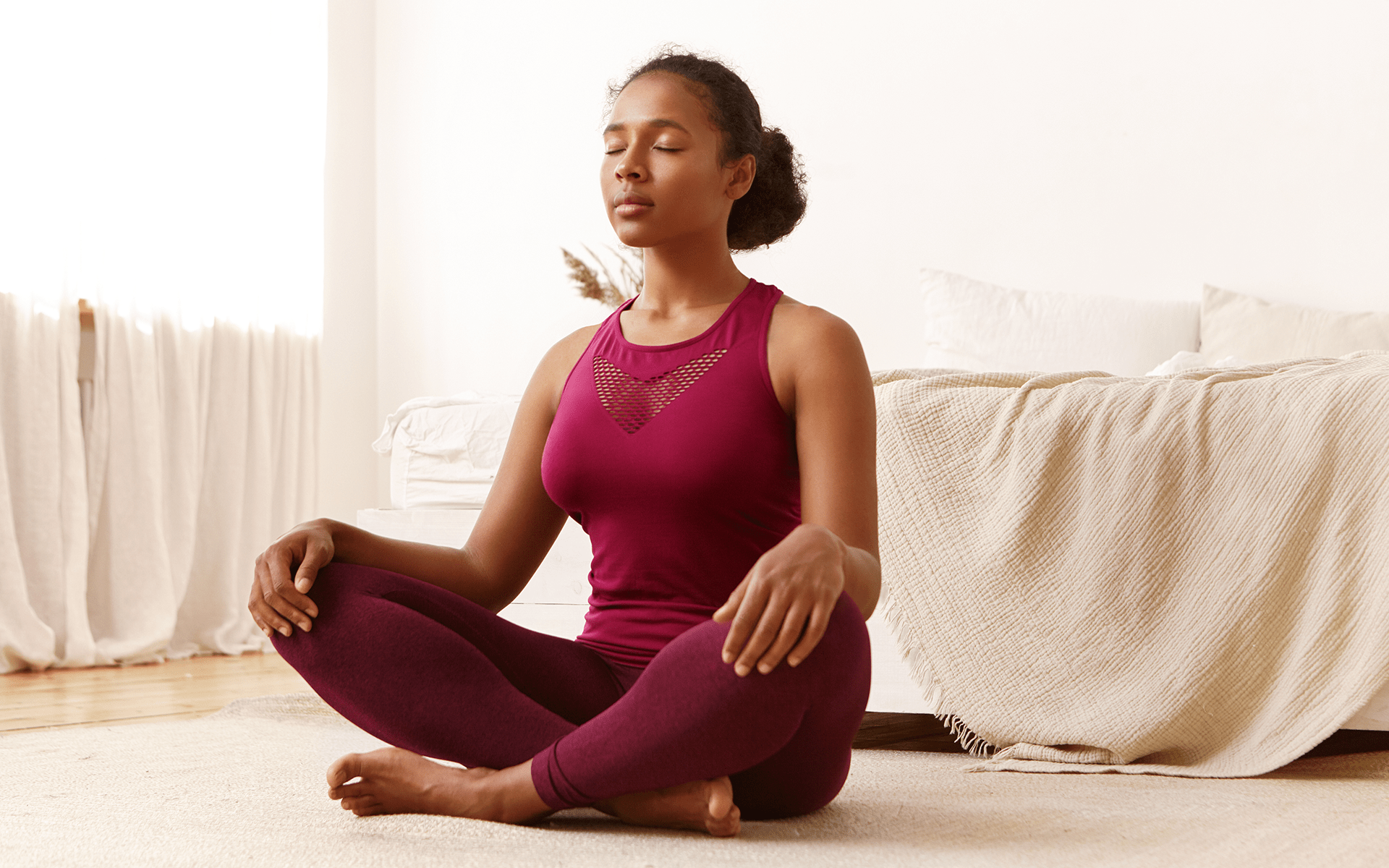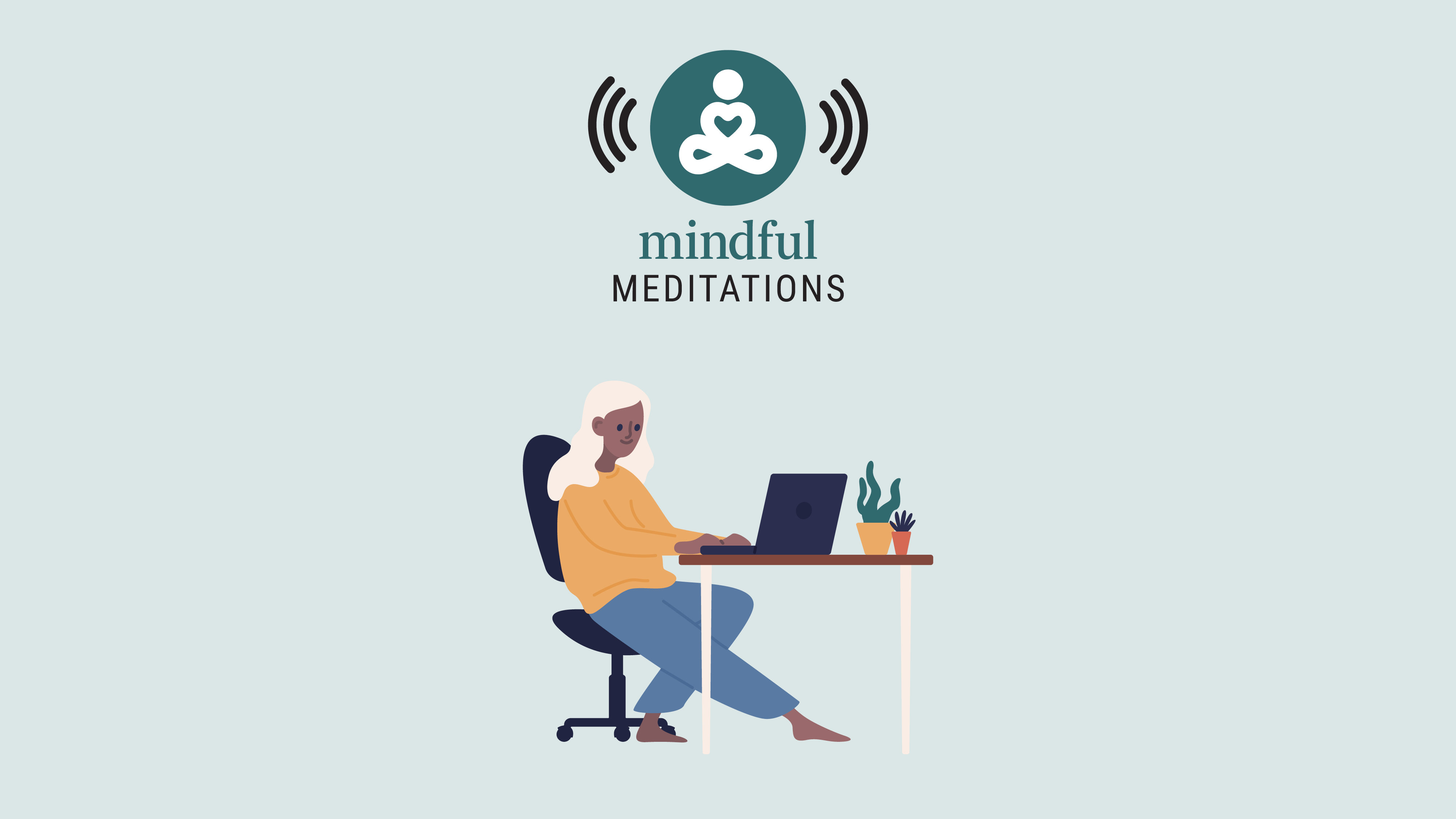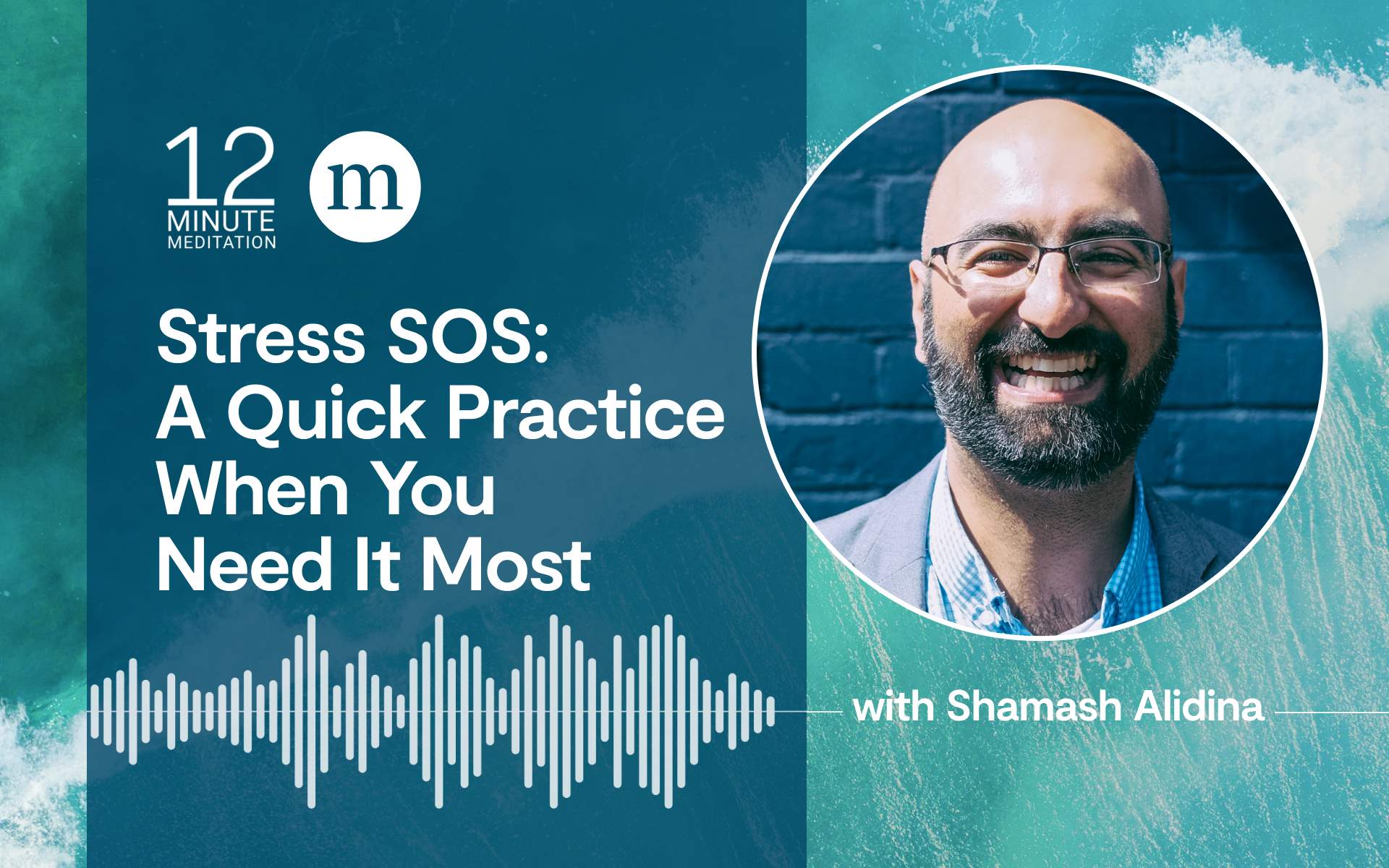When we meditate we venture into the workings of our minds: our sensations (air blowing on our skin or a harsh smell wafting into the room), our emotions (love this, hate that, crave this, loathe that) and thoughts (wouldn’t it be weird to see an elephant playing a trumpet).
Mindfulness meditation asks us to suspend judgment and unleash our natural curiosity about the workings of the mind, approaching our experience with warmth and kindness, to ourselves and others. Meditation does not take any single form and most practices fall within three broad categories:
- Focused-attention meditation: The aim here is to train the mind’s capacity for concentration and awareness of the present moment by focusing on a single point of attention (such as the breath). If you are new to meditation, this is a good place to begin.
- Open awareness meditation: Rather than focusing on a specific object of attention, in this form of meditation you keep your field of awareness open, allowing you to simply witness or observe and thereby become less reactive to thoughts, emotions, and sensory experiences.
- Compassion or loving-kindness meditation: The aim of this practice is to cultivate deep compassion for all beings, starting with oneself and then extending compassion to friends and family, to people you find difficult, and eventually to all beings.
Why Learn to Meditate?
There’s a reason that we now regularly hear about the benefits of meditation or hear about the famous athletes, celebrities, or business leaders who rely on the practice: Over the last forty years, we have witnessed a revolution in research on this ancient practice. At last count, over 6,000 peer reviewed scholarly articles have been published that examine the benefits of meditation.
This vast body of neuroscience research has found that the regular practice of meditation leads to the following benefits:
- Increased Resilience: Meditation is associated with a reduction in activity in the part of the brain that reacts to stress. This enhances our ability to stay calm and responsive in the midst of stressful situations.
- Increased focus: Meditation activates additional circuits in the brain that allow for sharper and more efficient concentration.
- Decreased mind wandering: Meditation reduces moments when our attention wanders away from what is happening here and now.
- Enhanced pain tolerance: Mindfulness triggers a neurological, pain-relieving response. But mindfulness meditation also helps you cultivate a nonjudgmental, accepting attitude toward the pain, says Sara Lazar, PhD, Associate Researcher in the Department of Psychiatry at Massachusetts General Hospital in Boston.
- Enhanced immunity: Meditation has been found to reduce markers of inflammation in the body and to strengthen the response of the immune system.
Science tells us meditation changes the brain. We have experienced these benefits firsthand and have watched some individuals change aspects of their lives by meditating for a few minutes each day.
How to Meditate
Here are the basic instructions for focused attention meditation:
- Sit with a straight spine, eyes closed.
- Bring your attention to the sensations of breathing (either at your nose or in your chest or abdomen).
- When the mind wanders, notice that you are thinking, shift your attention back to the breath, and then stay with each inhale and exhale.
Remember to also identify a convenient time and place to meditate. If you’re new to meditation, you can try starting with as little as one minute of meditation each day and then build up slowly to longer practice sessions.
Here are some additional tips to help you get the most out of your meditation practice:
- Remember that meditation isn’t about stopping your thoughts.
- If you feel sleepy, don’t judge yourself. Pay attention to your posture. Sit upright and keep your spine erect. You can also try meditating first thing in the morning. The feeling of sleepiness usually goes away after the first few weeks.
- Find a partner to meditate with you; that way, you can hold each other accountable.
- If you already meditate, keep up the good work. Focus on maintaining consistency, and if you feel like a challenge, try lengthening your daily sessions.
- If you are having trouble getting motivated, meditate for a short amount of time (3 to 5 minutes) until you are able to build the daily habit.
- If you get tense while meditating, that’s fine. Just notice it and try to avoid judging yourself as doing it wrong. The key is to notice what is going on. Noticing that you are tense is, in fact, doing it right. Feeling tension is a sign that you are working too hard to direct your focus to your breath. Ideally, you should feel yourself dropping into the awareness of the breath, not forcing it. If you feel tense or anxious, focus on relaxing your body and mind with each exhalation.
- If you get lost in mind wandering, this is normal and happens to everyone. If, however, your mind is so busy that you can’t focus, try labeling each inhale and exhale. Each time you breathe in, make a mental note of inhale. Each time you breathe out, make a mental note of exhale. Once your attention stabilizes, you can drop the labeling and just focus on the sensation of breathing.
Adapted from Start Here: Master the Lifelong Habit of Wellbeing by Eric Langshur and Nate Klemp, PhD.
read more
How to Start Your Day with Meditation
Reclaim the first few moments of your day by dedicating some time to morning meditation or an empowering routine. To help you get started, we’ve gathered our best tips on how to ease your mind and body into a new day. Read More
Mindfulness Meditation for Beginners
Barry Boyce guides you through a short mindfulness practice to help you to connect with your attention. Read More
How to Manage Stress with Mindfulness and Meditation
Mindfulness meditation can help interrupt the stress cycle to allow space to respond instead of react. Discover our best tips and practices to equip you with tools to navigate stress. Read More
A Guide to Practicing Self-Care with Mindfulness
Making sure our own needs are met is as important as taking care of those we love most. When turning your attention toward yourself feels challenging, there are simple ways to move through the discomfort. Explore our new guide for tips, practices, and reminders on how to engage in self-care. Read More












